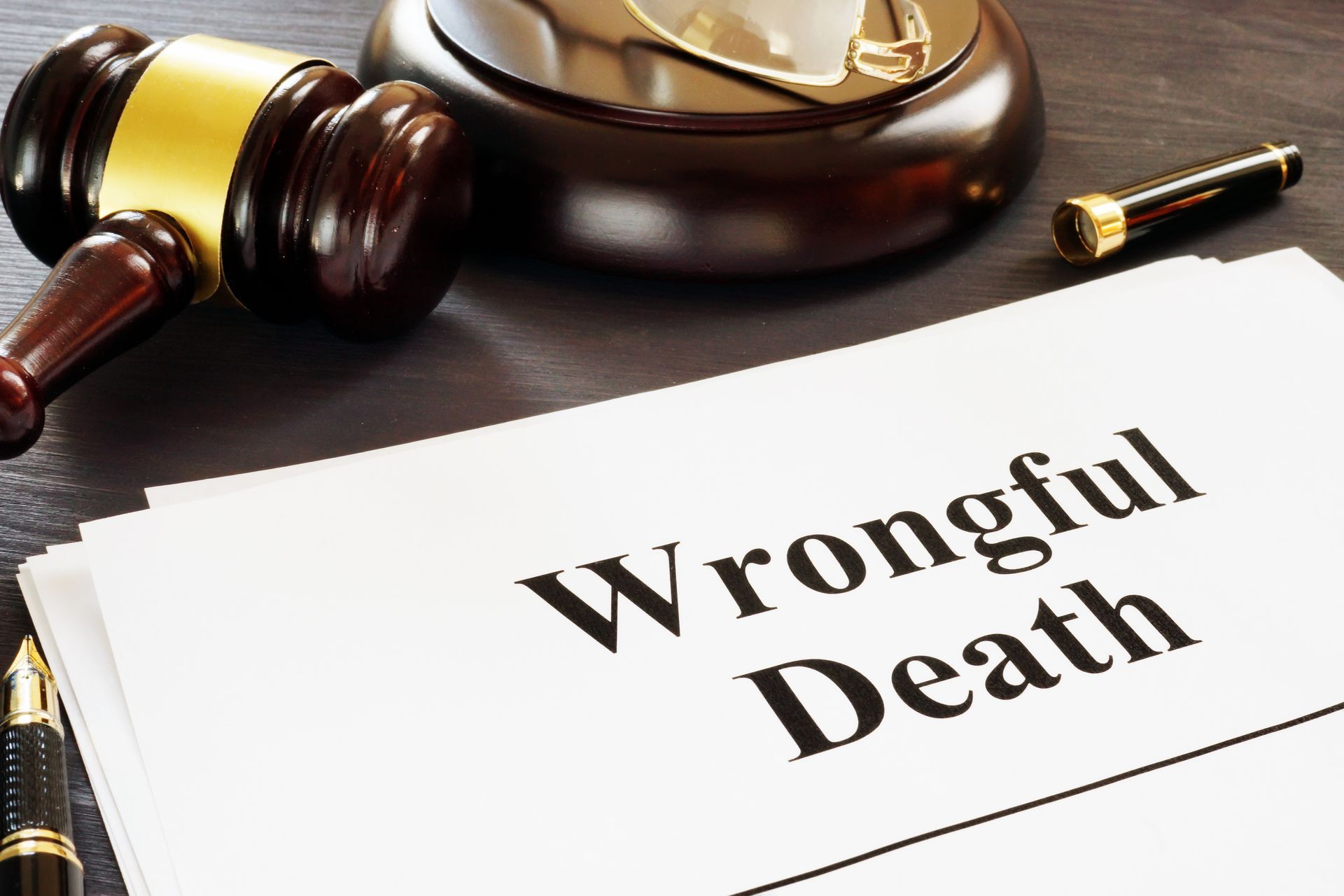Workplace Accidents in Indiana
Workplace accidents can happen to anyone, anywhere, and at any time. It could be a slip and fall, a machinery malfunction, an explosion, or any other type of unexpected event that results in injuries or fatalities. Unfortunately, Indiana has a higher workplace fatality rate than most other states in the U.S. (source: Indiana Department of Labor), which means that employees are at a higher risk of getting injured or killed while on the job. If you or someone you know has suffered a workplace injury or illness, it's essential to understand your legal rights and options for claiming compensation. In this blog post, we'll explain the basics of workplace accident claims in Indiana, and how a skilled attorney can help you navigate the process.
1. Types of Workplace Accidents in Indiana:
According to the Indiana Department of Labor, the most common types of workplace accidents are falls, being struck by objects, electrocutions, and caught-in/between accidents. Construction and transportation industries are the most hazardous in terms of fatal and non-fatal injuries. However, workplace accidents can occur in any industry, including healthcare, manufacturing, retail, and hospitality. It's crucial to note that not all workplace accidents result in injuries or fatalities, and not all injuries are physical. Employees may also suffer from mental health conditions such as depression, anxiety, and PTSD due to their workplace experiences.
2. Employer Responsibilities and Employee Rights:
Under Indiana law, employers have a legal duty to provide a safe and healthy work environment for their employees. This includes training, equipment, and safety protocols that are appropriate for the specific job duties and hazards. Employers are also required to report workplace accidents to the Indiana Department of Labor within 8 hours of the incident. Employees have the right to file a workers' compensation claim for their injuries or illnesses, regardless of who was at fault. Workers' compensation benefits may include medical expenses, wage replacement, disability benefits, and vocational rehabilitation.
3. Importance of Legal Representation:
Workers' compensation claims in Indiana can be complicated, especially if there are disputes over the nature and extent of the injuries, the eligibility for benefits, or the settlement amount. In some cases, the employer's insurance carrier may deny the claim, leaving the injured worker with no source of income. Hiring an experienced Indiana workplace accident attorney can help level the playing field and ensure that the injured employee's rights are protected. An attorney can gather and present evidence, negotiate with insurance adjusters, and appeal denied claims if necessary. It's crucial to choose an attorney who has expertise in workers' compensation law and a track record of success in representing clients in similar cases.
4. How to Prevent Workplace Accidents:
The best way to reduce workplace accidents in Indiana is to implement and maintain effective safety programs. Employers can conduct regular safety meetings, trainings, and inspections to identify potential hazards and address them promptly. Employees can also play an active role in keeping the workplace safe by reporting unsafe conditions, wearing appropriate personal protective equipment, and following safety procedures. Additionally, employers can provide mental health resources to employees who may be struggling with workplace stress or trauma. By prioritizing safety, Indiana businesses can not only prevent workplace accidents but also improve productivity, morale, and reputation.
Workplace accidents in Indiana can have life-altering consequences for employees and their families. If you or someone you know has suffered a workplace injury or illness, it's essential to take immediate action and seek legal advice from an experienced attorney. By understanding your rights, responsibilities, and options for claiming compensation, you can ensure that you receive the medical treatment and financial support you need to recover and move forward. Moreover, by promoting safety as a top priority in your workplace, you can make a positive impact not just on your own business but also on the overall well-being of the Indiana workforce.











